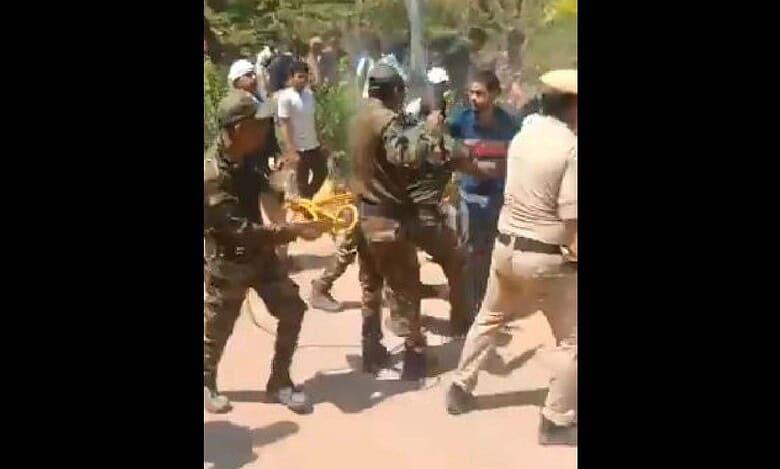The National Center of Meteorology (NCM) reports that Saudi Arabia experienced its strongest cold wave in history in January 1992.
On January 5, 1992, the Hail station recorded the lowest temperature of -9.3°C.

The National Center of Meteorology (NCM) reports that Saudi Arabia experienced its strongest cold wave in history in January 1992.
Riyadh: The National Center for Meteorology (NCM) has revealed that Saudi Arabia experienced its strongest cold wave in history in January 1992, which lasted for seven consecutive days. During this extreme weather period, the Hail station recorded the lowest temperature of -9.3°C on January 5, 1992, with an average minimum temperature of -4.4°C. According to NCM data from 1985 to 2023, Hail and Al-Qurayyat stations recorded the lowest temperatures in the Kingdom during January, making them central to the strong cold waves that impact Saudi Arabia in winter, as reported by the Saudi Press Agency (SPA).
This data highlights the severe climatic conditions the Kingdom can experience during the winter months and underscores the importance of following NCM bulletins and taking necessary precautions in response to such weather events.
The NCM’s forecast predicts a drop in temperatures and snowfall in the northern regions, including Tabuk, Al-Jouf, and Northern Borders, during the ongoing winter school break.
Weather analyst Aqeel Al-Aqeel from the Meteorology Department has predicted temperatures in Riyadh to reach 2°C and even dip below zero in some northern parts of Saudi Arabia over the next two days. He also forecasted temperatures in Madinah and the suburbs of Riyadh to rise to around 2°C. Snowfall is expected on the highlands of the Tabuk region and Northern Borders, particularly in the far northern areas of the Kingdom during the upcoming week.
Call for Preparedness
Al-Aqeel urged residents and citizens to remain vigilant, follow safety protocols, and stay updated with official meteorological reports. He emphasized the importance of being well-prepared when traveling or engaging in outdoor activities during these extreme weather conditions.
About the author

Related Posts
Post Comment
Latest News
 Amid protests at University of Hyderabad, police lathicharge students
Amid protests at University of Hyderabad, police lathicharge students









Comment List